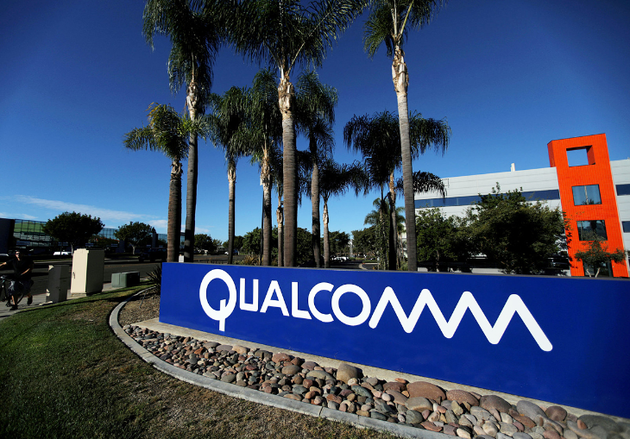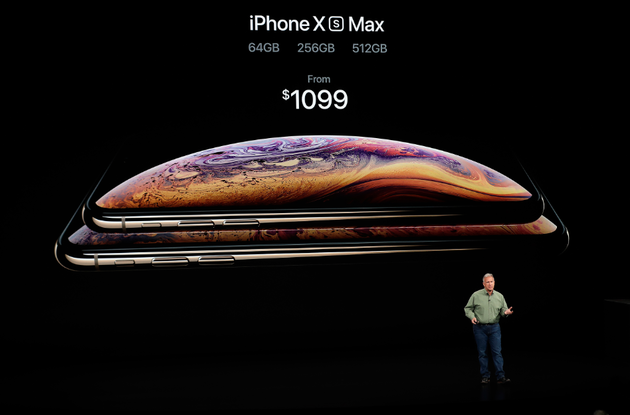
Photo/VCG
Sept. 26 (NBD) -- U.S. wireless giant Qualcomm Tuesday filed a lawsuit against Apple, accusing the latter of stealing chip secrets and giving them to Intel to boost the performance of Intel's chips on iPhones.
This is an escalation of a long worldwide legal battle over patent royalties between Qualcomm and Apple. Ever since 2015, these two tech behemoths have been fighting against each other due to the iPhone maker's unwillingness to pay Qualcomm royalties it deems unfair. Apple also sued Qualcomm in China, the U.S. and the UK, disputing the chip maker's right to charge excessive royalties for its technologies.
The mobile chip maker said in an amended complaint filed with California's Superior Court that Apple has engaged in a years-long campaign of false promises, stealth, and subterfuge designed to steal Qualcomm's confidential information and trade secrets for the purpose of improving the performance and accelerating the time to market of lower-quality modem chips, including those developed by Intel.
The chip maker stated it is submitting evidences which can prove the communications concerning the software source code and other confidential information between Apple and Intel engineers.
The new charges are part of the complaint Qualcomm filed last November, charging Apple with agreement violation. The agreement requires Apple to protect the source code software and tools Qualcomm shared with Apple.

Photo/Dfic
Coincidently, four days prior to the amended complaint, California-based repair company iFixit and chip analysis firm TechInsights released a detailed teardown report on the iPhone Xs and Xs Max. The teardown finds Toshiba flash storage and Intel modem chips in the new iPhone models, but there is no sight of Qualcomm chips or parts made by Samsung, shows the report.
Earlier this year, Toshiba sold its chip unit, Toshiba Memory Corporation, to a Bain Capital-led consortium that involves Apple.
An analyst with global investment management firm Morningstar commented that Apple clearly intends to minimize its reliance on memory products of Samsung, because of the competitive relationship between these two smartphone magnates.
Apple has long been secretive about its suppliers for iPhone components. Each year, the iPhone maker publishes a long list of suppliers, but has never specified the names of suppliers of specific parts. Involved suppliers are also required to remain silent about this.
Therefore, dismantling iPhone is the only way to analyze the sources of phone components. However, analysts recommend caution in drawing conclusions, as Apple sometimes has more than one supplier for a certain component. As a result, what is seen on one iPhone may not be found on the other.
Email: gaohan@nbd.com.cn


 川公网安备 51019002001991号
川公网安备 51019002001991号





